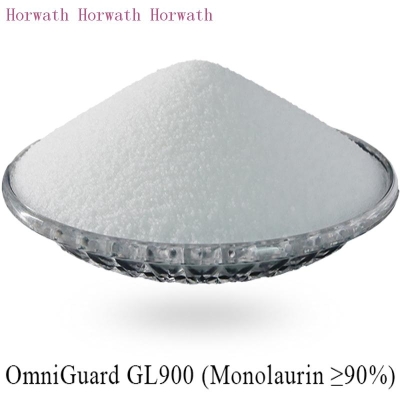Drought reduced livestock stock by more than 20% in Inner Mongolia
-
Last Update: 2001-08-16
-
Source: Internet
-
Author: User
Search more information of high quality chemicals, good prices and reliable suppliers, visit
www.echemi.com
Introduction: according to the animal husbandry department of Inner Mongolia Autonomous Region, as of August 1, Inner Mongolia Autonomous Region had 937000 livestock, an increase of 1181000 on a year-on-year basis, and 9.937 million pigs, 57.313 million cattle and sheep, respectively, a decrease of more than 20% on a year-on-year basis The main reason for the decrease in the number of pigs, cattle and sheep is the continuous development of the drought in the whole region, especially in the central and western regions As of July 30, there are still 10 cities and 45 counties suffering from serious drought, with 587 million mu of grassland affected, including 305 million mu of grassland not returned to green, 124 million mu of grassland dead after returning to green; 21.405 million affected livestock, 3.219 million affected people; 917100 people, 8.9 million livestock suffering from water shortage due to the disaster; 378 million kg of forage shortage; 767600 livestock deaths due to the disaster Direct economic loss reached 477 million yuan As a result of the disaster, the condition of livestock is poor, the oestrus is late, and the work of breeding livestock is slow The disaster caused the death of more than 8000 camels in Alxa League, the hometown of camels in China, and more than 3800 cattle and sheep were killed by wolves According to the analysis of the animal husbandry department of Inner Mongolia Autonomous Region, the decrease of livestock stocks may cause the price of beef and mutton in the market to rise In addition, this year's breeding livestock will be reduced, and the production of young animals in this winter and next spring will also be reduced compared with previous years.
This article is an English version of an article which is originally in the Chinese language on echemi.com and is provided for information purposes only.
This website makes no representation or warranty of any kind, either expressed or implied, as to the accuracy, completeness ownership or reliability of
the article or any translations thereof. If you have any concerns or complaints relating to the article, please send an email, providing a detailed
description of the concern or complaint, to
service@echemi.com. A staff member will contact you within 5 working days. Once verified, infringing content
will be removed immediately.







